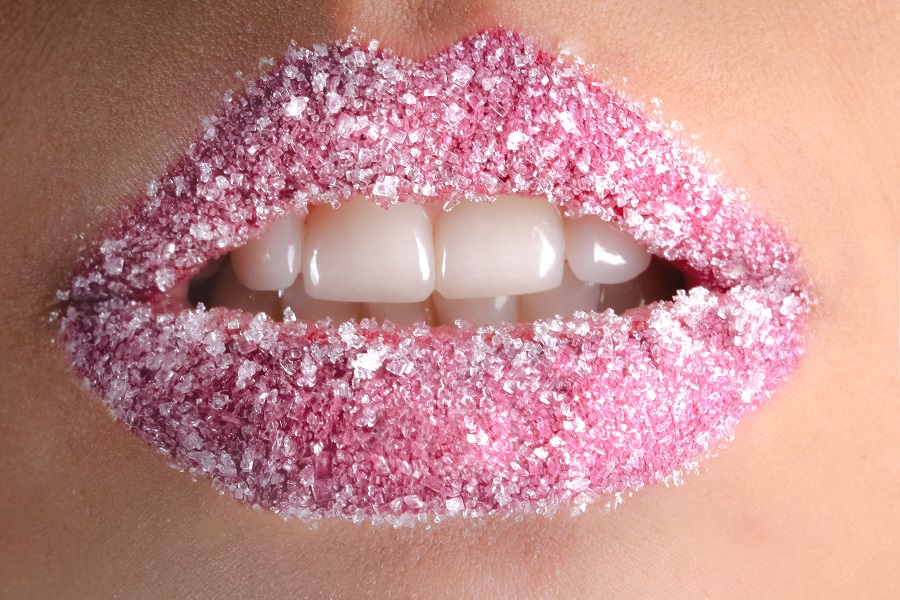Tooth discoloration occurs when the inner layers of a tooth become stained or darkened. This can be caused by many different factors, including drinking beverages such as red wine, coffee, or tea, smoking, or using certain medications. Tooth discoloration can even occur because of your diet or poor oral hygiene.
What is tooth discoloration?
Your teeth are meant to stay white, but many factors can cause them to become discolored. Enamel discoloration can happen from foods and drinks like coffee, tea, or wine. It can also be caused by tobacco use and certain medications. If your teeth are yellowed, it’s time to reach out to your dentist to talk about whitening treatments.
There are many over-the-counter options, but they aren’t always effective without help from a dentist. It’s best to get professional teeth whitening trays from your dentist to get the most out of your treatment. When you work with a professional dentist, they will be able to guide you through the process and help you choose the best product for your needs.
What causes tooth discoloration?
There are several different causes of tooth discoloration, including plaque buildup, smoking or chewing tobacco, teeth grinding, and, in some cases, genetics. When a tooth is stained, the natural color of the dentin underneath the enamel layer can show through. This leads to yellowed teeth that may darken over time.
The foods and drinks you consume can also contribute to the staining process, particularly highly pigmented foods and beverages like berries, coffee, and wine. These can cause your teeth to stain and become discolored. Genetics may also play a factor when it comes to the color of your teeth. If your parents or other close family members have lighter shades of tooth color, you may have these same characteristics as well. Whitening treatments may be able to restore the color of your natural white smile. Talk to your dentist about what you can do to improve the look of your teeth.
Does tooth discoloration always signal disease?
Most cases of tooth discoloration are not caused by disease or infection. But, in rare cases, discolored teeth can indicate a problem that requires treatment. For example, you may have experienced trauma that resulted in a tooth becoming chipped or cracked. Or, an injury may have left your tooth with a dark spot that hasn’t gone away on its own over time. In these situations, it’s important to have the darkening addressed as soon as possible to prevent further damage—and to protect your oral health in general. Some stains may be resistant to whitening treatments; in those cases, we may recommend porcelain veneers to conceal the stain and restore your smile’s beauty. While some forms of discoloration can be reversed through cosmetic treatments, others may require complex restorative methods to restore health to your teeth. If you suspect there’s a problem that’s causing your tooth discoloration; it’s best to contact your cosmetic dentist right away.
For more ways to improve your smile with cosmetic dentistry, call your cosmetic dentist today to schedule a consultation. We’ll work with you to create a personalized treatment plan that will safely and effectively meet your needs and goals. We can also address any questions you have about how to improve your smile’s overall appearance!
More Blog Posts
Save time by completing your new patient forms and sending them to us online or bring them with you to your first visit.
- MON - THU8:00 am - 5:00 pm
- FRI - SUNClosed








